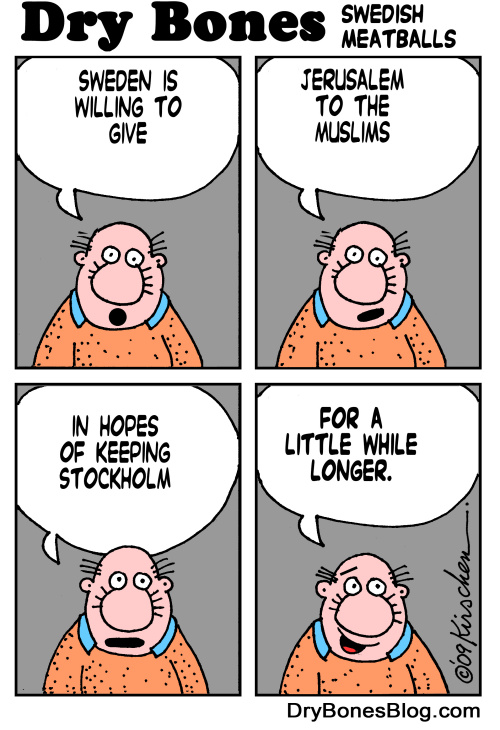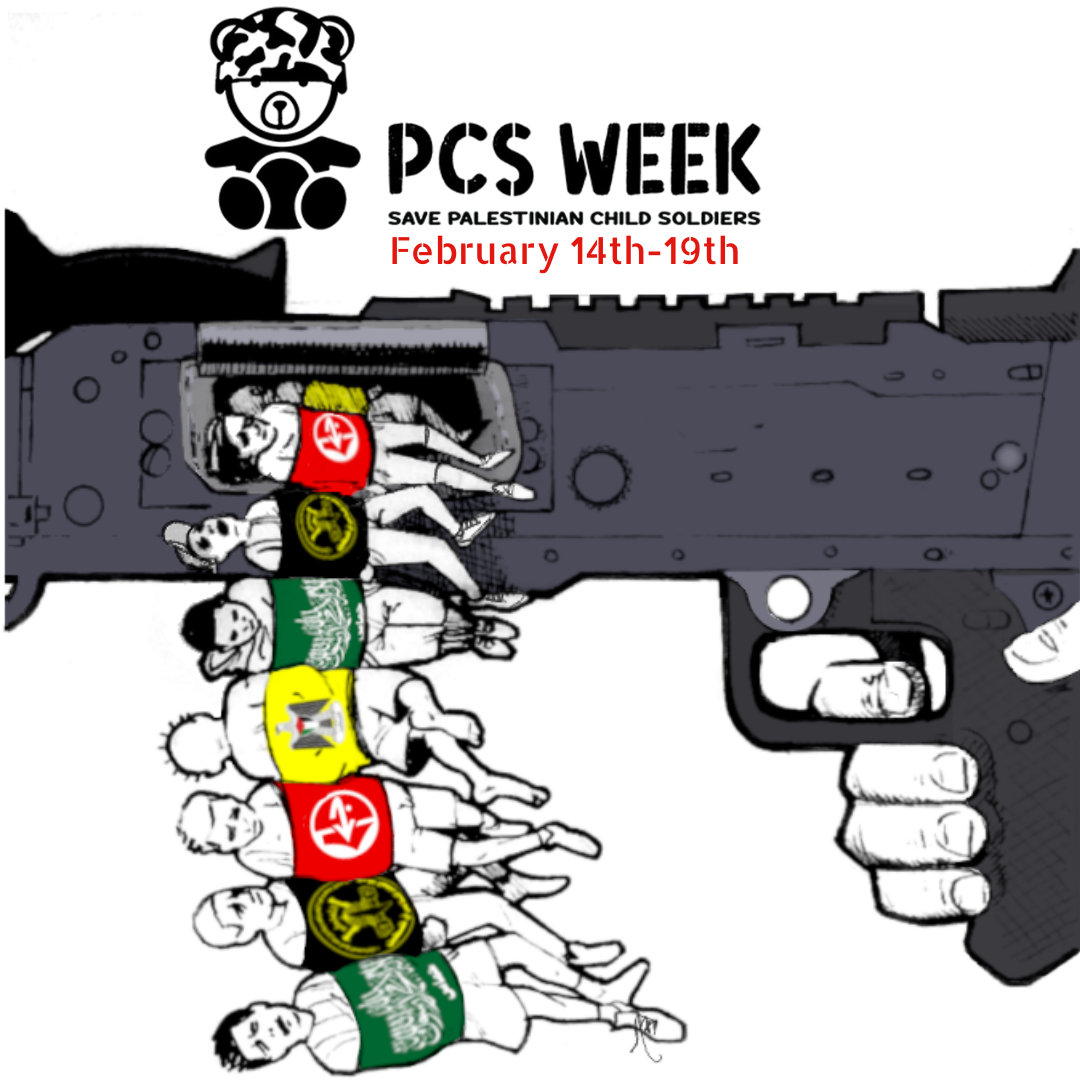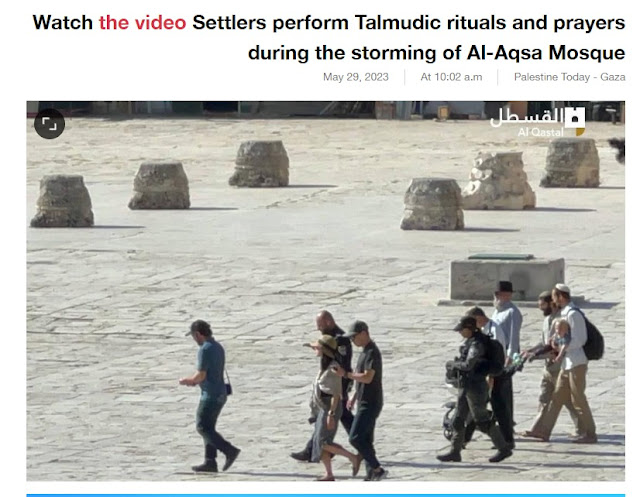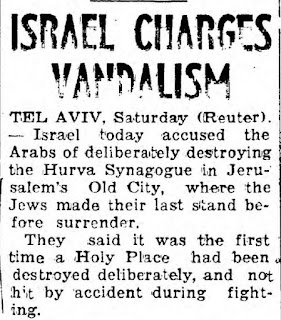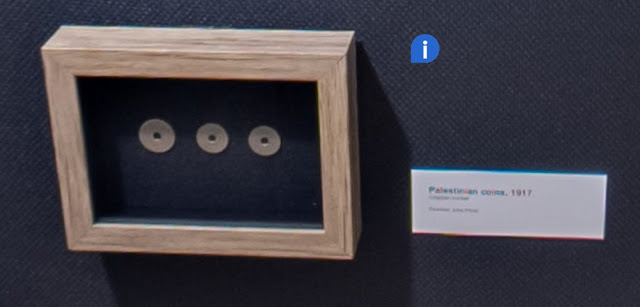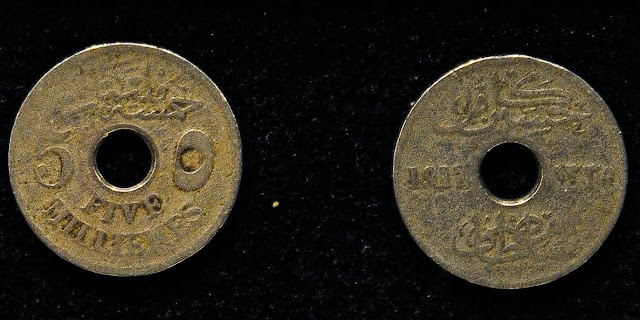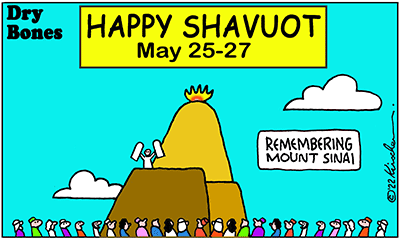Swedish MP’s participation in Hamas-tied conference sparks uproar
Swedish legislator Jamal El-Haj, a member of the Riksdag, the national legislature, may face consequences in his Swedish Social Democratic Party after attending a conference affiliated with Hamas.
The opposition lawmaker participated in “The 20th European Palestinians Conference: 75 Years On... We Will Return” in Malmö on Saturday, even though the Social Democrats, the Greens and the Left Party withdrew in light of the event’s affiliation with Hamas.
“It is worrying that he chose to participate in the conference despite the party’s advice,” the Social Democrats were quoted as saying by the Swedish newspaper Aftonbladet. “The group leadership in the [parliament] will summon Jamal El-Haj to discuss what happened.”
Sweden's Social Democrats
The Social Democratic Party, which led Sweden as recently as 2021, advised its representatives not to attend the conference. But El-Haj, a member of the Riksdag Foreign Affairs Committee, went anyway.
His participation in the event was first brought to light by Swedish academic and columnist Daniel Schatz, who tweeted about it on Sunday, demanding answers from the Social Democrats and calling on El-Haj to be forced to resign.
El-Haj can be seen embracing European Palestinians Conference chairman Amin Abu Rashid in a video of the event. Abu Rashid is known to be affiliated with Hamas, although he has called the accusation “Israeli lies.” Abu Rashid has been photographed receiving a plaque from Hamas leader Ismail Haniyeh and has organized Hamas-funded flotillas from Europe to the Gaza Strip in the past, which were meant to challenge the IDF’s naval blockade.
The London-based European Palestinians Conference includes several organizations in Europe and was founded by the Palestinian Return Center, which Israel designated as an arm of Hamas in 2010. Haniyeh has attended their annual event several times.
The Palestinian Authority, the PLO and Fatah also consider the European Palestinians Conference to be a Hamas organization. According to the Middle East Media Research Institute, the PLO threatened to expel anyone who attends the Malmo event, which PLO Secretary-General Hussein Al-Sheikh said was meant to sow divisions in Palestinian communities in Europe.
Rashida Tlaib plays the grandma card yet again - opinion
Tlaib's grandmother lives in a village governed by the PAJewish Voice for Peace: Who Are the Radical Jews Opposed to Israel?
I GUESS the students on the Zoom call with Tlaib hadn’t done their homework; maybe they didn’t know about her dual loyalty statement. To judge by the JTA’s account, nobody on the call even mentioned it. So Tlaib was able to get away with changing the subject to Grandma. It’s a tactic she has used many times before.
According to the JTA, Tlaib replied to the question about antisemitism by bringing up “her grandmother, Muftieh, whom she refers to with the Arabic term “Sity” and whom she has portrayed as the face of Israel’s oppression of Palestinians.” Tlaib said, “My grandmother, literally solely based on the fact that she was born Palestinian, she just doesn’t have equality.”
The notion that Grandma Tlaib is oppressed by Israel is a lie.
She resides in the Palestinian Arab village of Beit Ur al-Fauqa. The Israeli occupation of that village ended in 1995. For the past 28 years, Beit Ur al-Fauqa has been governed by the Palestinian Authority.
In the autumn of 1995, then-Israeli prime minister Yitzhak Rabin signed an agreement with then-PA chairman Yasser Arafat, known as the Oslo II Accord. It provided for the withdrawal of all Israeli forces from the territories where 98% of the Palestinian Arabs reside, including Beit Ur al-Fauqa. The Israelis withdrew. The occupation ended.
Arafat agreed that one portion of the non-residential agricultural land, which Beit Ur al-Fauqa claims belongs to it, would be allotted to the area under Israeli security control. Rabin requested that arrangement because the area is dangerously close to the Israeli towns of Beit Horon and Givat Ze’ev, and Route 443, a highway where Israeli automobiles are often the targets of Arab terrorist attacks.
But the residential portion of Beit Ur al-Fauqa, as well as the rest of the adjacent agricultural land, have been under the rule of the PA for almost three decades now.
The only oppression experienced by Grandma Muftia “Sity” Tlaib is at the hands of her fellow Palestinian Arabs. Since 1996, Beit Ur al-Fauqa has been governed by 11 administrators appointed by the PA. And Grandma hasn’t been allowed to vote for the head of the Palestinian Authority since 2005; Mahmoud Abbas is now serving the 18th year of his four-year term. So much for Palestinian democracy.
Tlaib has devoted much of her life to smearing Israel. And she is willing to stoop as low as necessary to accomplish that goal even if it means both lying about her own grandmother and using Grandma as a political weapon. That’s really about as low as you can get. Maybe the students will ask her about that in a follow-up call someday.
In a recent video essay on the current Israeli government and its support for West Bank settlements, The Washington Post relied on an interview with Beth Miller, the political director of Jewish Voice for Peace Action, to provide both analysis and context.
This was but the latest instance in which a mainstream media organization cited Jewish Voice for Peace (JVP) in discussions about the Israeli-Palestinian conflict, the American Jewish community, or domestic American politics.
However, contrary to the impression given by its name, JVP is not a moderate, peace-seeking, good-faith actor when it comes to Israel and the Palestinians. Rather, JVP is a radical anti-Israel organization that actively aligns with those seeking to harm the Jewish state while also providing a veneer for its extreme politics through a revision of traditional Jewish rites and texts.
In this piece, we will look at how JVP uses its nominal identity as a Jewish organization to promote the boycott of Israel, tacitly support Palestinian terrorism and whitewash the antisemitism that exists among its political allies.6. "The event even garnered support from other cultural groups...including 'Jewish Voice for Peace'."
— HonestReporting (@HonestReporting) May 25, 2023
No, @fox12oregon, JVP is not a "cultural group." It's a radical anti-Israel activist group that advocates for BDS and spreads antisemitic canards. https://t.co/baqHX969np pic.twitter.com/PDeO2eMlLv
Jewish Voice for Peace: Celebrating Judaism, Demonizing the Jewish State
Jewish Voice for Peace was founded in 1996 by a group of student activists in California who were upset with Israel’s decision to open an exit to the Western Wall Tunnels in the Old City of Jerusalem’s Muslim Quarter.
Initially an umbrella organization for both Zionist and anti-Zionist Jews who were critical of Israeli policies, JVP officially adopted an anti-Zionist stance in 2019.
With its exponential growth in membership and chapters (especially since 2010), JVP is considered “probably the largest and most influential Jewish anti-Zionist group in the United States.”


